How a philosophy degree led to a thriving social enterprise: Ryan Turnbull, Founder and President at Eco-Ethonomics
Ryan is the founder and President of Eco-Ethonomics, a consulting firm specializing in applied ethics, social innovation and social impact. Ryan’s background in philosophy has played a major role in his life- everything from the way he thinks to the business he operates. We’re inspired by his focus on creating an ethical economy and his dedication to helping others. His story reminds us of the value of learning how to think and the continued importance of these types of degrees.
When did you know you wanted to work in social impact?
I knew I wanted to create an impact when I was 16 and took a life-altering leadership training program. I learned a body of simple distinctions which had a transformative impact on every aspect of my life. I discovered that my life was filled with meaning by being dedicated to a future that I could envision for myself and others. Ever since that moment I’ve lived into a future that is dedicated to bringing about a world where people come together to solve problems and realize their own leadership in the pursuit of a more ethical, just and equitable society.
“Ever since that moment I’ve lived into a future that is dedicated to bringing about a world where people come together to solve problems and realize their own leadership in the pursuit of a more ethical, just and equitable society.”
How did your previous life or work experience prepare you?
I studied philosophy, completed two degrees, then taught applied ethics in South Korea, worked in the United Kingdom in research ethics at a medical school/hospital and travelled extensively. All of these experiences prepared me for what I do today.
From my leadership training I learned different practices on how to breakthrough the barriers that shut many people down when pursuing their goals. From studying philosophy, I learned the history of thought and how great thinkers tackled some of the toughest problems in history. This honed my analytical skills, my ability to write, my ability to deconstruct problems and think critically and creatively.
“From studying philosophy, I learned the history of thought and how great thinkers tackled some of the toughest problems in history. This honed my analytical skills, my ability to write, my ability to deconstruct problems and think critically and creatively.”
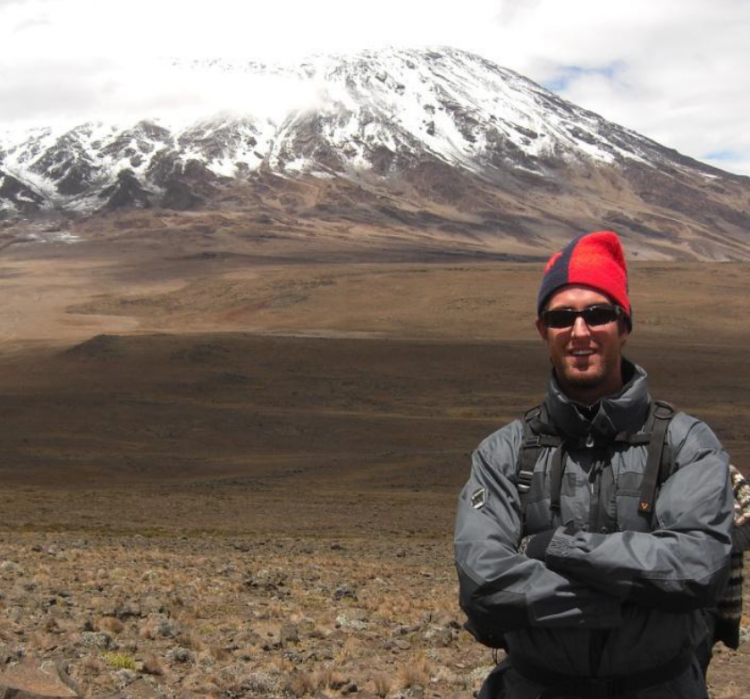 Travelling gave me experience in understanding different cultures and how to deal constructively with my own xenophobia. Teaching for three years gave me the confidence in managing tough conversations and ensuring that every learning style is accommodated and validated. My experience in working in the medical school gave me the opportunity to apply all of my skills to anticipate the ethical issues associated with research on human beings and navigate the complex dynamics within a field with many different stakeholders and interest groups with a mission to protect the health of patients.
Travelling gave me experience in understanding different cultures and how to deal constructively with my own xenophobia. Teaching for three years gave me the confidence in managing tough conversations and ensuring that every learning style is accommodated and validated. My experience in working in the medical school gave me the opportunity to apply all of my skills to anticipate the ethical issues associated with research on human beings and navigate the complex dynamics within a field with many different stakeholders and interest groups with a mission to protect the health of patients.
Over the last 9 years I’ve led and facilitated over 270 projects on some of the toughest and most persistent social and environmental challenges. These projects all require research, facilitation, analysis, reframing problems, and developing innovative solutions, and helping individuals and groups realize their own leadership. Everything I’ve done led me to this career and I feel very fortunate to have a job that I truly love.
How did you get your current job?
Many people told me that I would be serving fries with two philosophy degrees and I decided to prove them wrong by inventing my own career and opening a consulting firm which focuses on applied ethics, social innovation and social impact.
In 2008, I decided to take a chance and pursue what I really wanted to do which was; solve problems with people and advance social change. I made the decision and committed to it by registering my company Eco-Ethonomics (which made it official) and began seeking work that encompassed what I really wanted to do and was committed to doing no matter what.
What advice would you give to someone looking to get a job in social impact?
“Don’t hesitate for one moment; you’ve got the drive and the passion, now take every skill you have and channel it into one area where you’d like to make a difference. Be tenacious and keep failing forward; giving up is the only way you can fail.”
- There is opportunity all around you to work in a social impact career. This emerging space is only going to grow; it is truly a necessity that we can’t avoid. We have to evolve and advance the social movements and environmental movements that have been building momentum for years.
- Don’t hesitate for one moment; you’ve got the drive and the passion, now take every skill you have and channel it into one area where you’d like to make a difference. Be tenacious and keep failing forward; giving up is the only way you can fail.
- Apply to Eco-Ethonomics! Join a consulting team that is providing intelligence, process design, collaborative development to engage cross sector stakeholders and solve seemingly intractable challenges.
- Lastly, remember that Baruch Spinoza said, “all noble deeds are as difficult as they are rare”.
What can you identify as the biggest opportunity/trend in your sector right now?
“Start a new business that changes the way business is done.”
Social enterprise is the trend. Start a new business that changes the way business is done. Design your own sustainable business model that becomes a vehicle for your own livelihood and fulfillment while fuelling social and environmental impact. Step out and be a social entrepreneur. It is more than possible!!

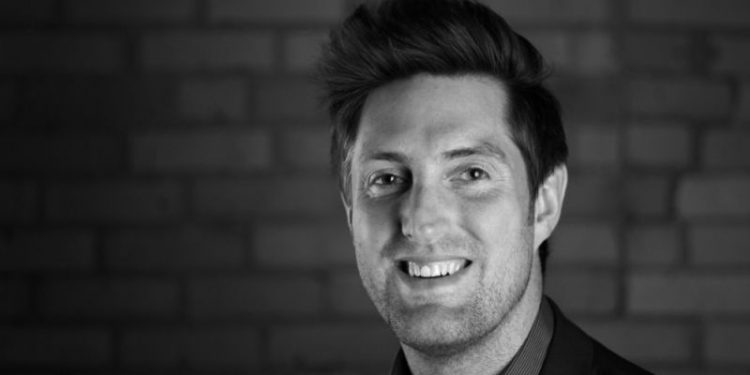
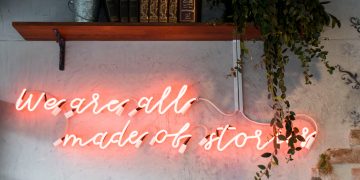
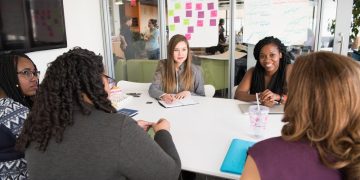
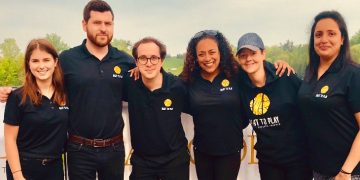
2 Comments
Ryan, I enjoyed your compelling story. I agree with your conclusions about general awareness and self-actualization. Similar to your study of philosophy was my first degree in American Studies; which was as much about methodologies as ‘America’ (in the fullest sense of the term). I recall 4 upper level classes that were all about ‘how to think’ – the analyses ranged from a music genre as historical lens (the blues), to ‘follow-the-thing’ (rubber), time period snap shots of the same subject (US patents from every century) and more. This lead me a the development of increased abstract thinking – both concepts and hypothesis processes, the end result is, as you’ve recommended, a social enterprise/business consultancy focused on violent conflict risk assessment and mitigation options. If we are allowed to develop as thinkers then our end goals begin to converge and growth advances. Cheers
This is truly inspiring and incredibly insightful. Thank you for sharing!